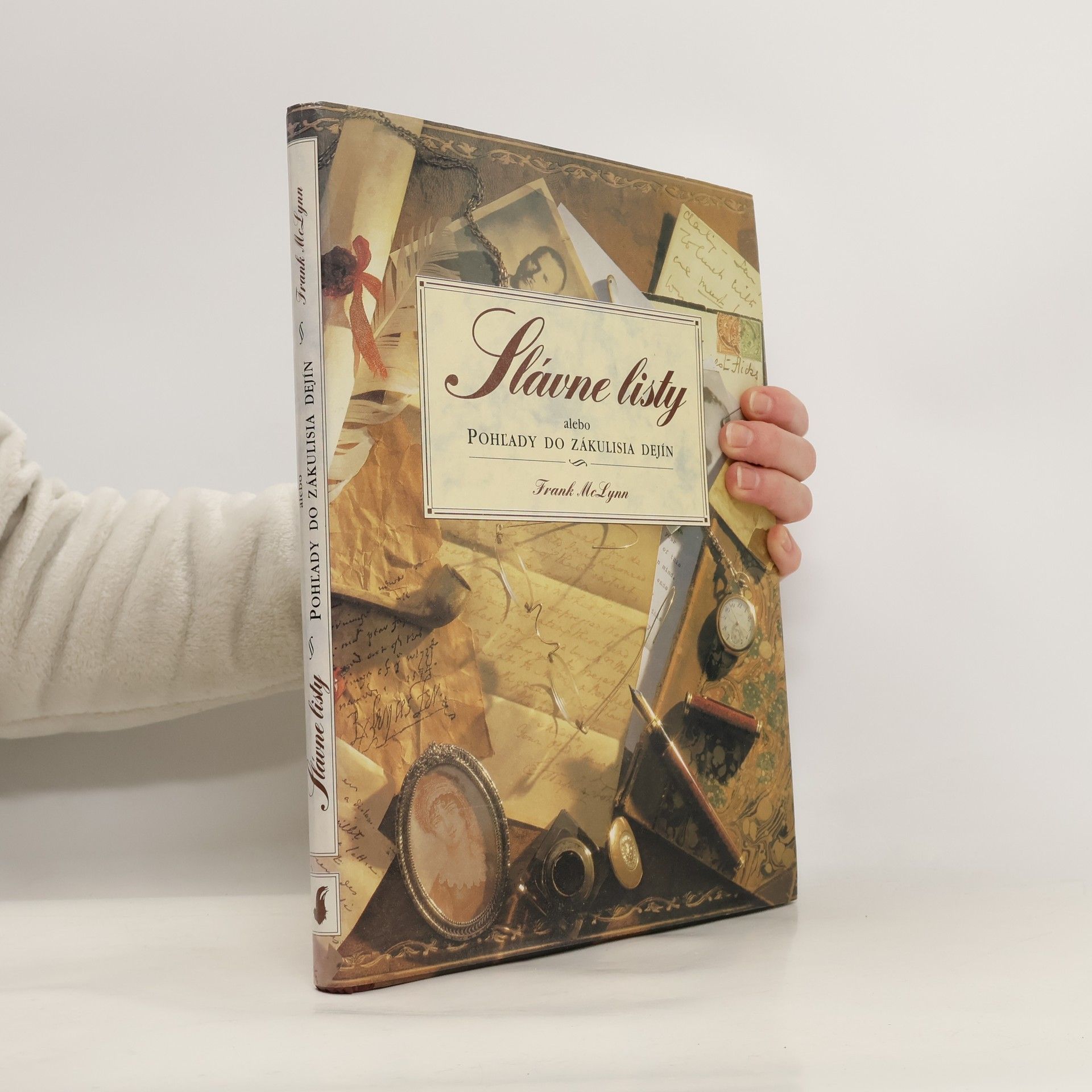The greatest story of military conquest in history from a 'master storyteller'. (Guardian) Genghis Khan was by far the greatest conqueror the world has ever known, whose empire stretched from the Pacific Ocean to central Europe, including all of China, the Middle East and Russia. So how did an illiterate nomad rise to such colossal power, eclipsing Alexander the Great, Julius Caesar and Napoleon? Credited by some with paving the way for the Renaissance, condemned by others for being the most heinous murderer in history, who was Genghis Khan? His actual name was Temujin, and the story of his success is that of the Mongol people: a loose collection of fractious tribes who tended livestock, considered bathing taboo and possessed an unparallelled genius for horseback warfare. United under Genghis, a strategist of astonishing cunning and versatility, they could dominate any sedentary society they chose. Combining fast-paced accounts of battles with rich cultural background and the latest scholarship, Frank McLynn brings vividly to life the strange world of the Mongols, describes Temujin's rise from boyhood outcast to become Genghis Khan, and provides the most accurate and absorbing account yet of one of the most powerful men ever to have lived.
Frank McLynn Book order (chronological)
Frank McLynn is a British author known for his insightful and critical biographies of significant historical figures. He crafts extensive narratives that delve into the complexities of human nature and pivotal historical events. McLynn's approach blends rigorous historical research with a keen literary sensibility, bringing past personalities and their actions vividly to life for contemporary readers. His distinctive style is marked by precision and a talent for uncovering the less-explored facets of his subjects' lives.
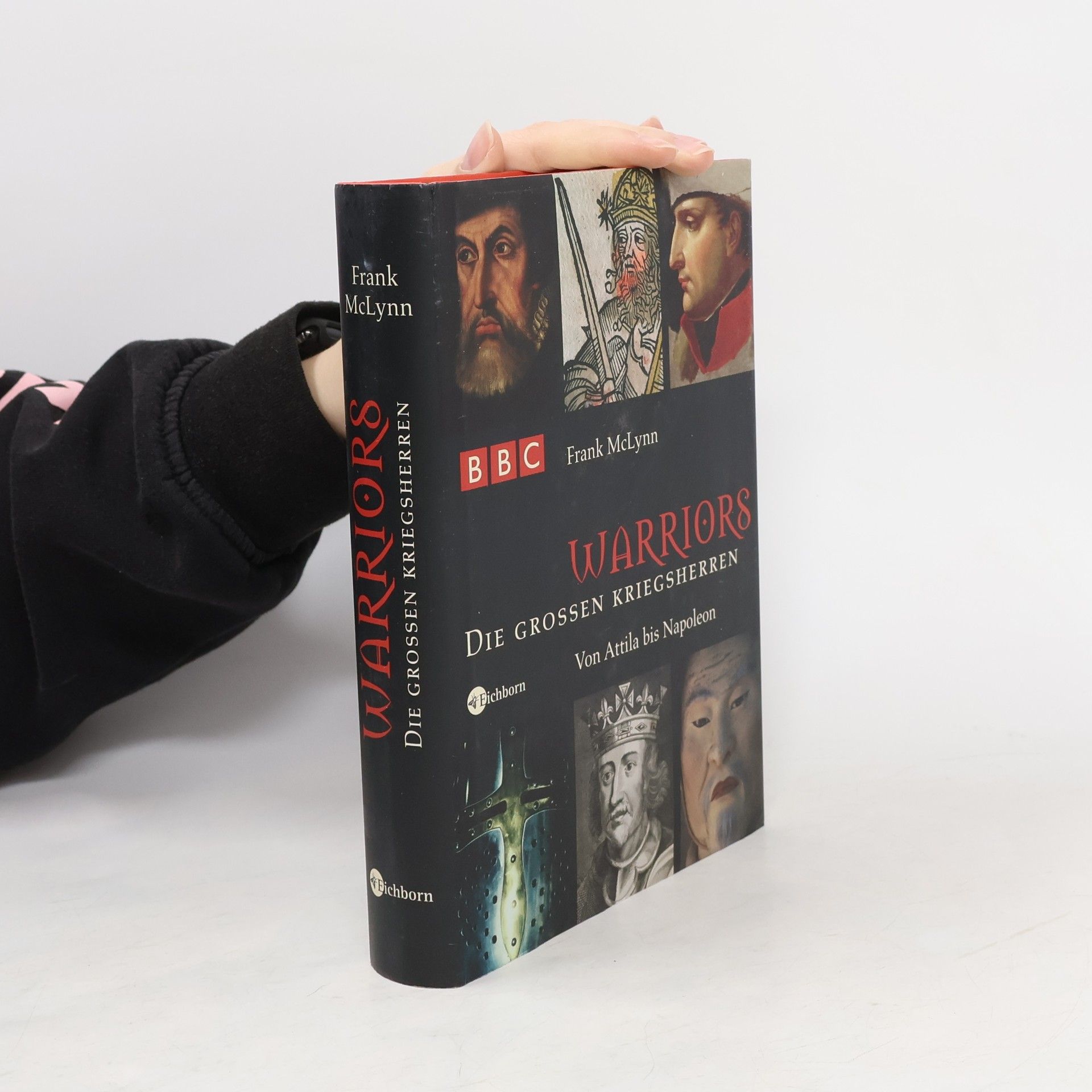
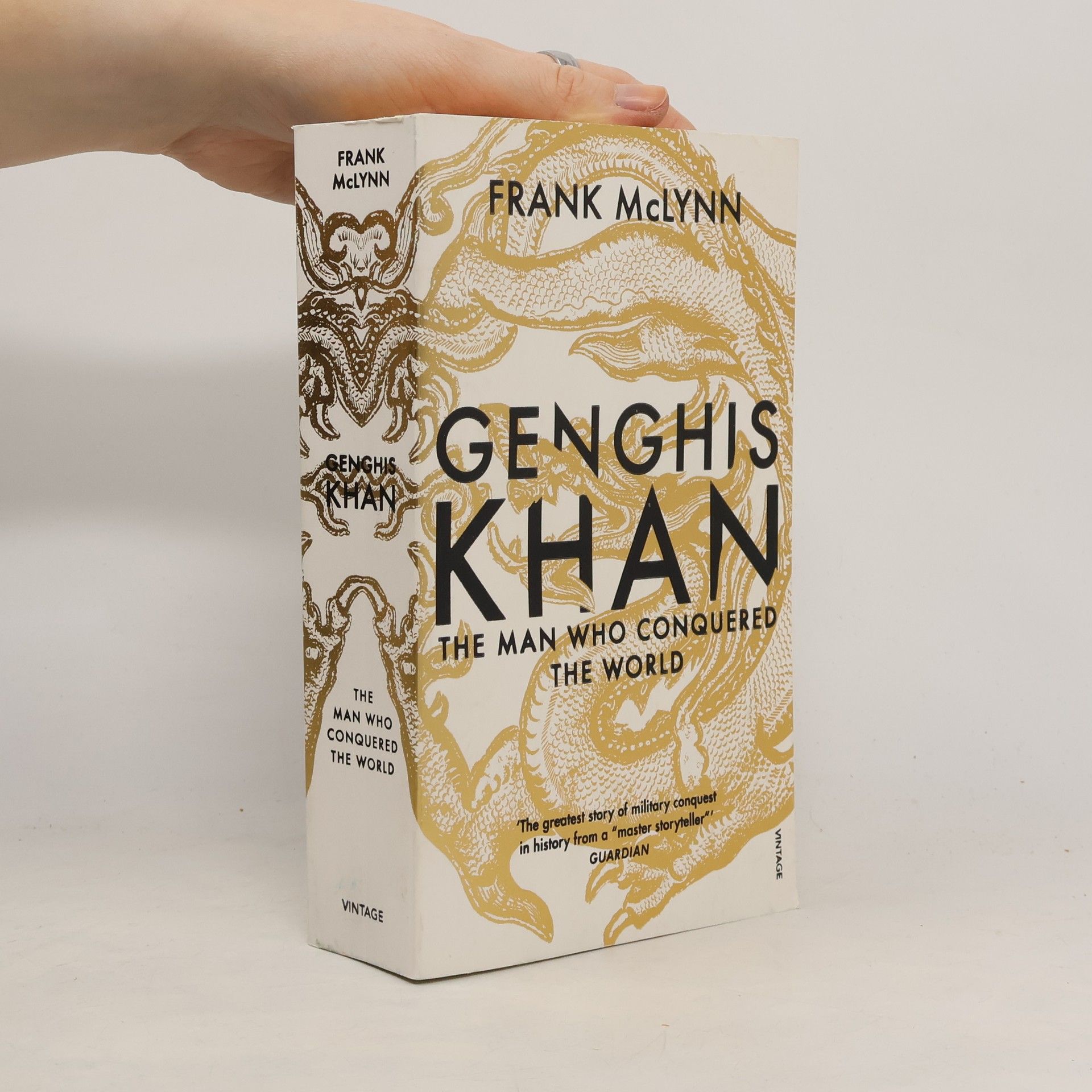

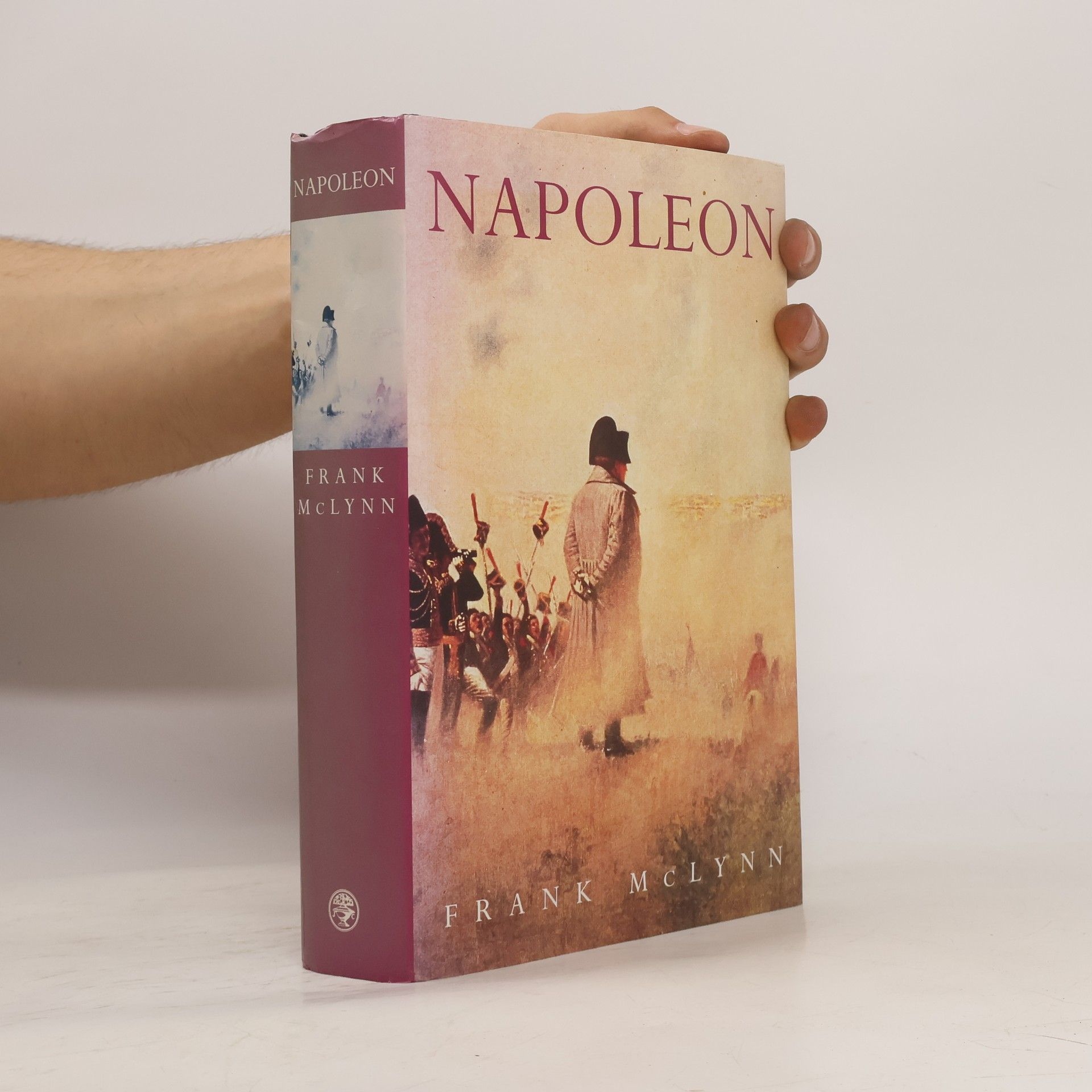
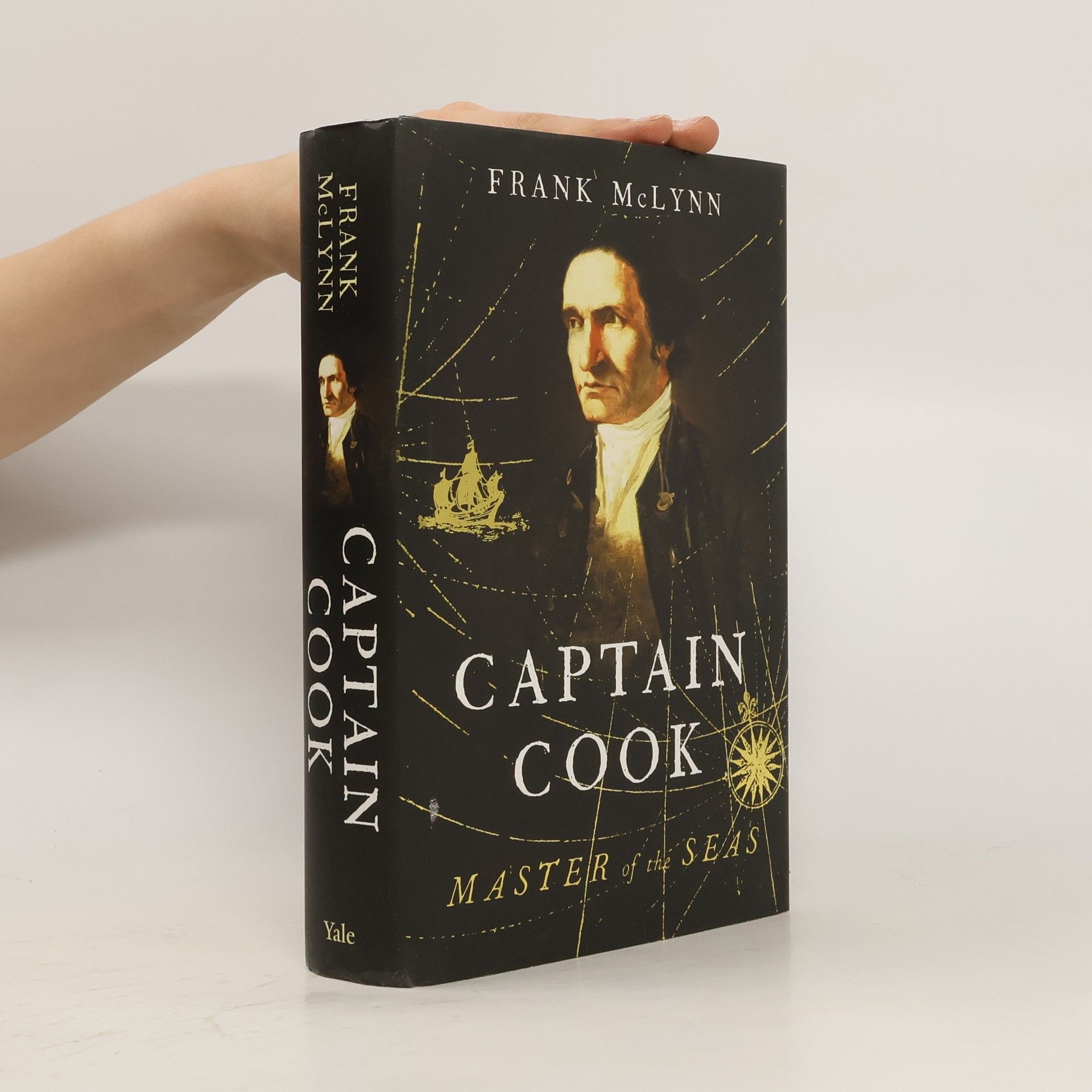

Captain Cook
- 490 pages
- 18 hours of reading
Profiles the famous navigator, addresses the common colonialist misconceptions about the explorer and his death, and re-creates the voyages that took him from his native England to the outer reaches of the Pacific Ocean.
Warriors - Die großen Kriegsherren. Von Attila bis Napoleon
- 376 pages
- 14 hours of reading
Frank McLynn beleuchtet in "Warriors" die Köpfe legendärer Kriegsstrategen wie Spartakus, Attila, Richard Löwenherz, Cortés, Tokugawa Ieyasu und Napoleon. Er untersucht ihre Motive, Stärken und Schwächen und definiert den Begriff „Krieger“. Begleitet von einer BBC-Serie bietet das Buch spannende Einblicke in die Psychologie dieser historischen Figuren.
Recounting the decade of bloody events that followed the eruption of the Mexican Revolution in 1910, Villa and Zapata explores the regional, international, cultural, racial, and economic strife that made the rebels Francisco (Pancho) Villa and Emiliano Zapata legends. Throughout this volume drama colludes with history, in a tale of two social outlaws who became legendary national heroes, yet—despite their triumph and only meeting, in 1914, in the Mexican capital—failed to make common cause and ultimately fell victim to intrigues more treacherous than their own. 16 pages of black-and-white photographs bring this gripping narrative to life. "McLynn ... tells it so well ... you can hear the strains of he Mexican patriotic standard ‘Zacatecas' as you read it."—Austin American-Statesman "An admirably clear account of the chaos of revolution, its rivalries and bloody struggles...."—The Spectator "Informative and insightful ... feels less like a history than a great story, as exciting as a Saturday serial Western."—Publishers Weekly
Napoleon
- 480 pages
- 17 hours of reading
In this biography of Napoleon, the author gives particular emphasis to the Frenchman's military genius, the feats of his Grande Armee and his civil achievements as ruler of France. The psychology that motivated Napoleon and his relationships with women are also investigated.
Slávne listy
- 160 pages
- 6 hours of reading
Pohľady do zákulisia dejín-50 listov známych osobností. Obsahuje stretnutia a objavy, ako napríklad Svätého Hieronyma so Eustochiom, mongolského chána Kuyuka s pápežom Inocentom IV., Krištofa Kolumba s Luisom de Santangelom, Hernanda Pizarra s členmi Kráľovskej rady v Santo Domingu, Galilea Galileiho s Belisariom Vintaom, a ďalších významných osobností ako Benjamin Franklin, Louis Pasteur či Albert Einstein. V sekcii autoportréty a obhajoby sú zastúpení Dante, Leonardo da Vinci, Martin Luther, Anna Boleynová, George Washington, Thomas Alva Edison a ďalší, ktorí sa obracajú na blízkych a autority. Politika a výzvy sú reprezentované listami Svätého Pavla, Plinia mladšieho, Jany z Arcu, Ľudovíta XIV., Napoleona Bonaparteho, Karola Marxa a Winstona Churchilla, ktorí sa vyjadrujú k dôležitým historickým momentom. Témy lásky, smrti a priateľstva sú prítomné v listoch Cicera, Abélarda, Márii, kráľovnej škótskej, Horatia Nelsona, Mary Shelleyovej, Abrahama Lincolna a Vincenta Van Gogha, pričom každý z nich ponúka unikátne pohľady na osobné a emocionálne aspekty svojich životov.
Crime and Punishment in Eighteenth Century England
- 392 pages
- 14 hours of reading
McLynn provides the first comprehensive view of crime and its consequences in the eighteenth century: why was England notorious for violence? Why did the death penalty prove no deterrent? Was it a crude means of redistributing wealth?
